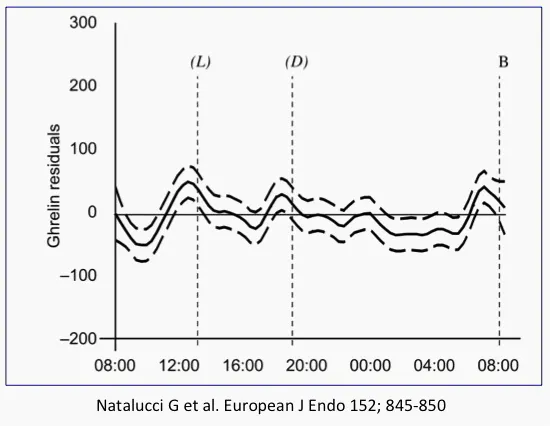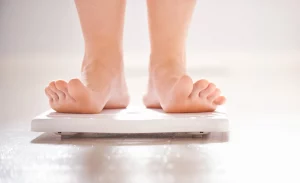
The WHAT:
In its essence, intermittent fasting allows us to diverge from the classic three-meal-a-day lifestyle and eat in a way which our hunter gatherer ancestors ate thousands of years ago, something which researchers claim can have profound benefits on both our psychological and physical well-being.
Intermittent fasting can take many forms but three of the most popular are the 16:8 routine (a fasting period of 16 hours and eating window of 8 hours), the 5:2 routine (where you eat normally for five days and restrict your calorie intake on the other two) as well as one meal a day (where you limit yourself to a mere one hour eating window per day).
The WHY:
▪ Improve mental sharpness and being able to concentrate for longer periods of time.
▪ Reach a state of ketosis and burn fat as energy instead of carbohydrates.
▪ Lower inflammation and protect yourself from diseases.
The HOW:
If you’re new to intermittent fasting then the first thing you should know is that it might be tricky at the beginning. After having eaten a certain way for most of your life, your body and brain aren’t simply going to lie down without a fight.
You may experience hunger, irritability and a reduced ability to concentrate during the fasting windows, however this is something which will improve over time and you will eventually get to the stage where it becomes second nature.
Intermittent fasting is not about starving yourself. It is about eating nutritious food in a shorter time frame than you usually would. This can not only be helpful if you are looking to cut out unnecessary snacking but it also allows the body to use the energy it would normally need to digest food to deepen your concentration and increase your productivity.

It may be difficult to believe, but as you can see from this graph, the fascinating thing about the hunger hormone ghrelin is that it spikes and then resides at breakfast, lunch and dinner – regardless of whether you actually eat anything or not. This means that although those hunger pangs might feel like they’re going to last forever, in actual fact if you are patient and focus on something else, they will eventually disappear.
Top TIPS:
- It’s important to remember to not be too hard on yourself. It’s no big deal if you fail one day, just take a step back and analyse why this might have happened, try to optimise your routine so that you can avoid making the same mistake in the future and then give it another go.
- Plan ahead and always know what you are going to eat when your eating window starts. This reduces the risk of getting frustrated and grabbing the most calorific thing you can find.
- Don’t start getting over confident. Your body will eventually adapt to fasting and you may feel like shortening your eating windows even more. This however is a mistake which will catch up with you sooner or later.
- On some days you will have to fight more than others.
- Give yourself a chance to get to the stage where it becomes second nature.
- You can distract yourself from the feeling of being hungry in a variety of other ways too: having a glass of water, going for a quick walk round the office, closing your eyes and letting go, listening to some music or meditating.
- The final hour before you eat can seem like an eternity but in fact you have already managed several hours by this point so you can definitely manage this last one.
- Always go for the nutritious option when you first start to eat again.
NB 1.0: I am neither a doctor nor a nutritionist. My blog is based purely on anecdotal experience.





